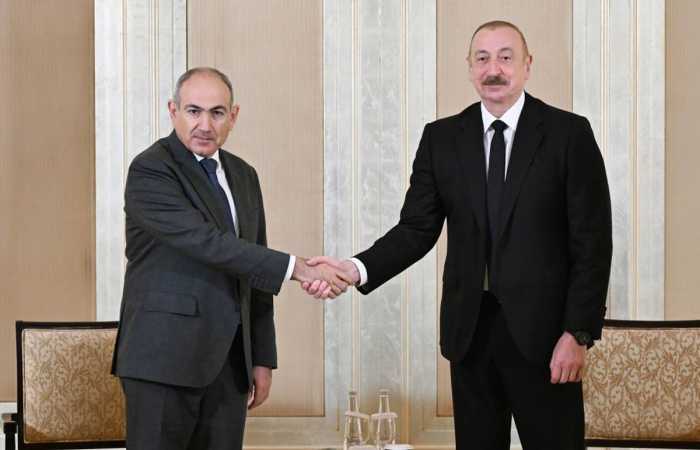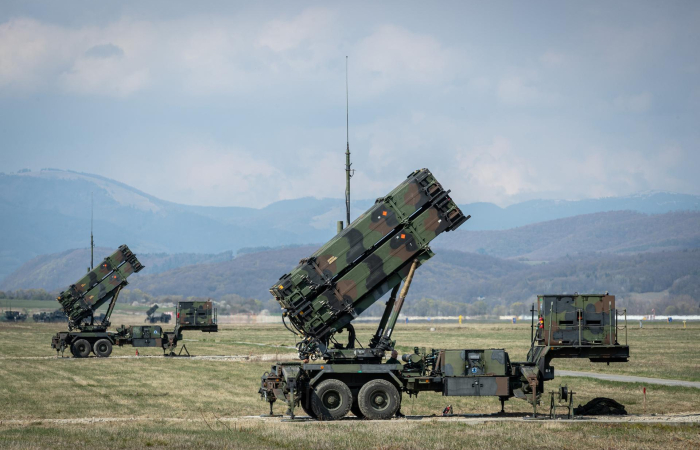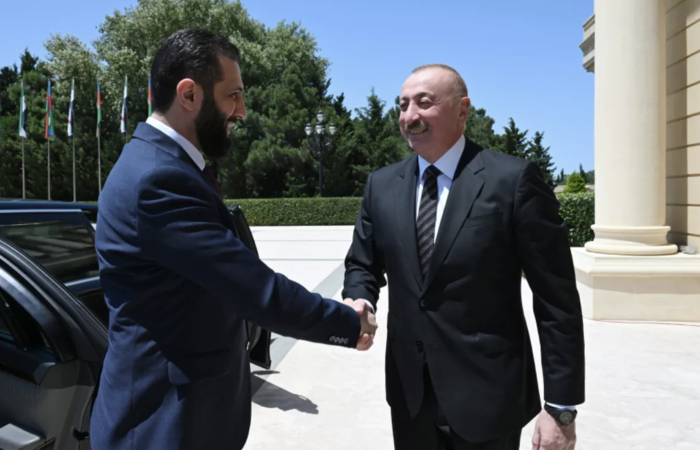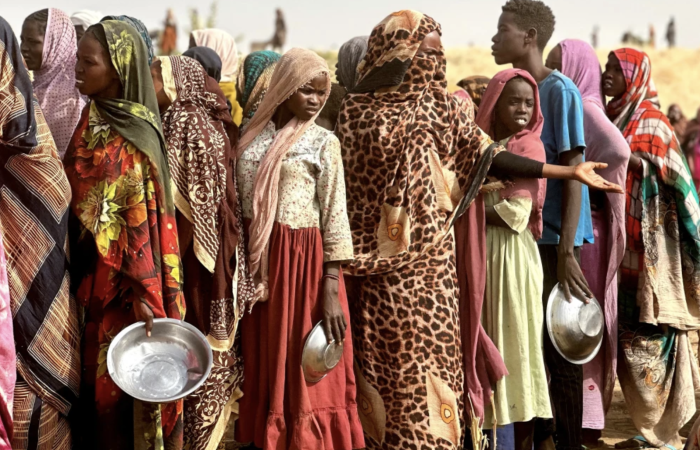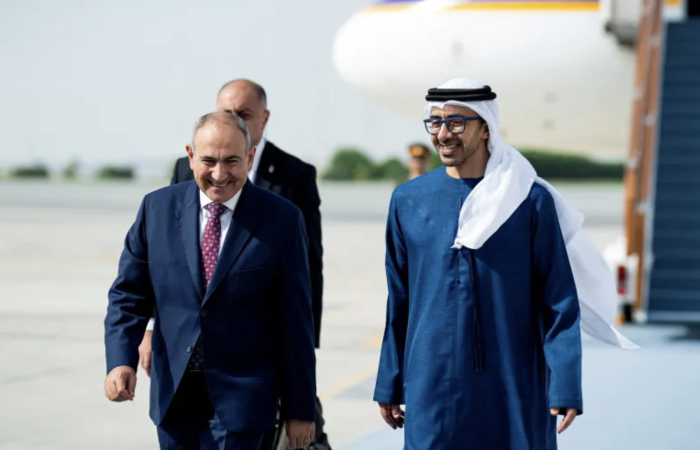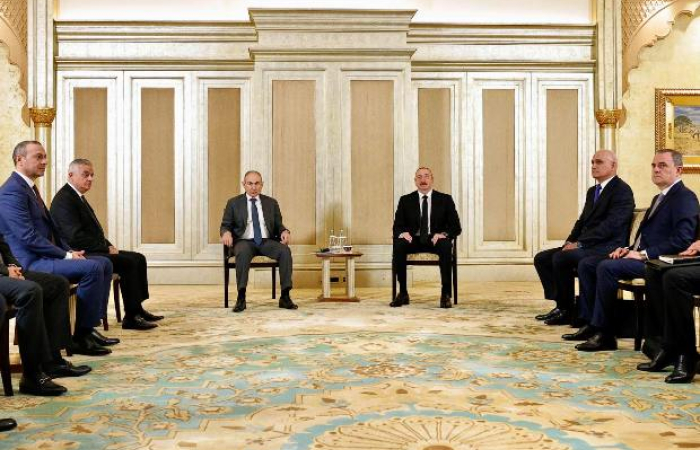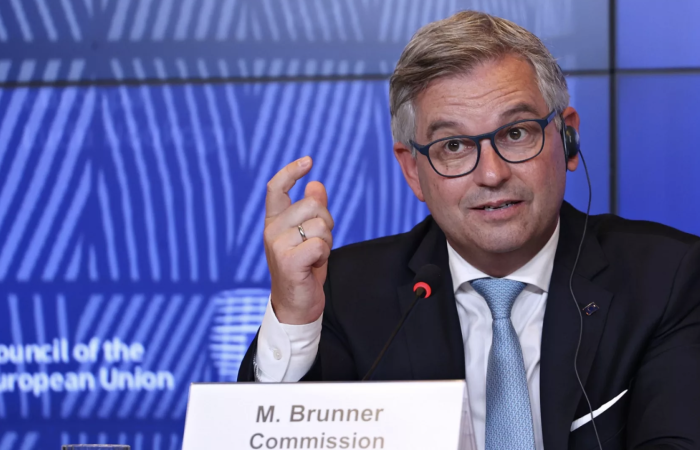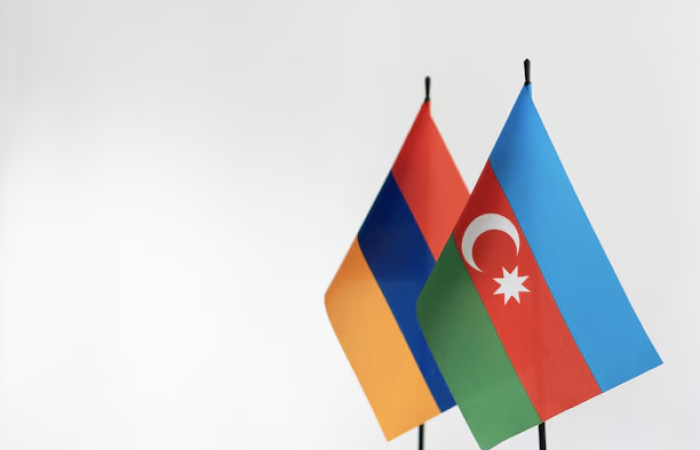Editor's choice
This is a members’ functionality. Please
Sign upMonday Commentary
Trending
Monday Commentary: Dialogue between Armenians and Azerbaijanis now more important than ever
7 July 2025
The animosity between Armenians and Azerbaijanis runs deep. The two nations fought many battles against each other. In the wars of the last forty years, tens of thousands of people were killed, hundreds of thousands displaced, and billions of euros were lost in economic harm. On Thursday, 13 March 2025, the two sides finally announced that they had agreed on the text of a peace agreement. The agreement will be signed soon. Within societies, on both sides, there are expectations of what this peace will bring. There is also a sense of uncertainty and confusion, which is being used by spoilers, internal and external. A dialogue involving different segments of society, is now more important than ever. But this dialogue needs to have new characteristics to respond to new realities. LINKS Europe, an organisation that has been involved in many peace initiatives in the South Caucasus in the past, is currently engaged in such a process. It recently launched a new Armenia-Azerbaijan dialogue format in the framework of the European Union's EU4Peace initiative. In the last two weeks, dozens of Armenians and Azerbaijanis, including academics, students, civil society activists, journalists and other professionals, many of them young, were involved. The work is organised in five thematic groups focusing on peace and security, connectivity, environment, governance and gender and equality and in phase 2 of the project, which has just ended, around fifty participants took part in in-person and online meetings, and more than twenty others were involved indirectly. The Chairpersons of the five thematic groups met in Vilnius, 3-6 July to launch the third phase of the program.





